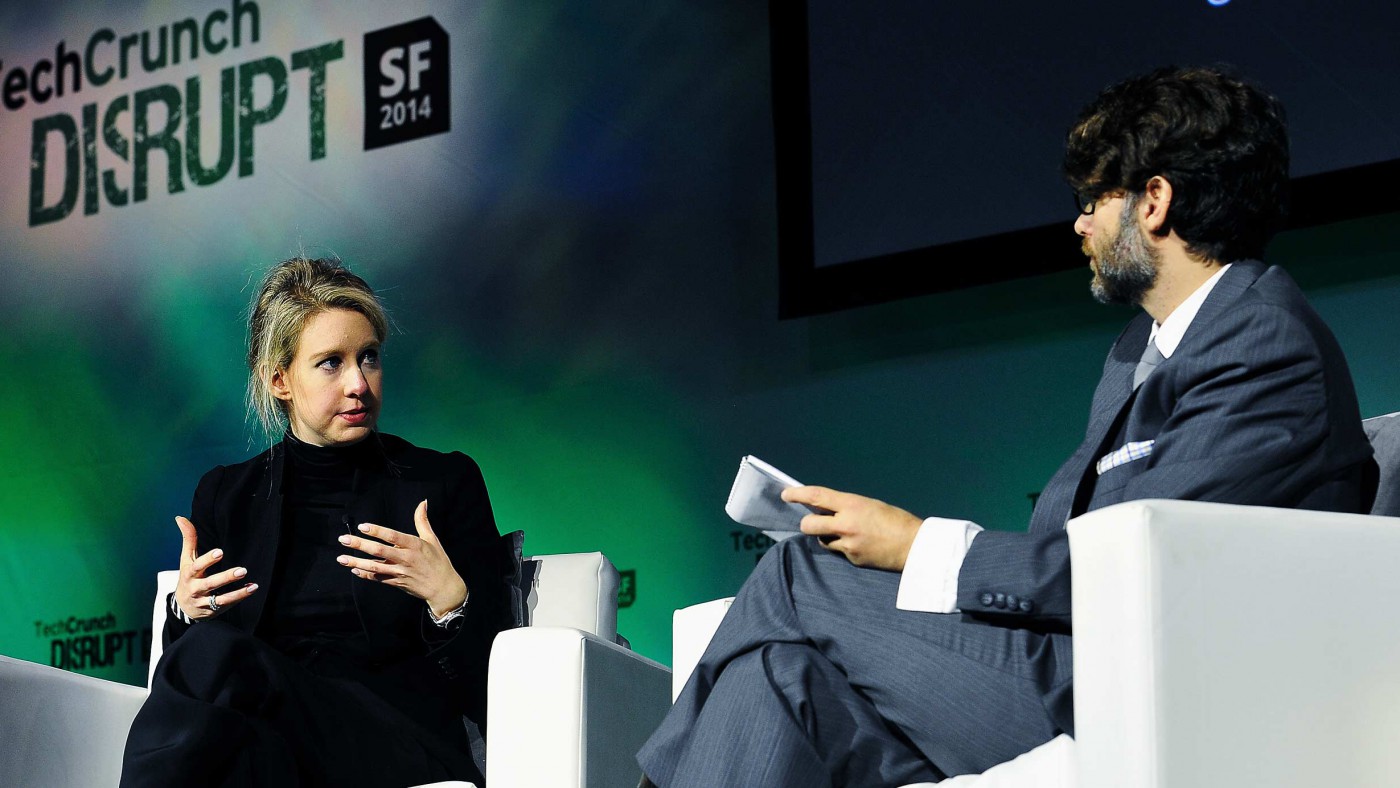Detecting infectious diseases isn’t an easy task. Blood samples have to be collected and taken to labs. Once there, scientists perform various tests, ranging from looking at blood cells with optical microscopy to analysis with enzyme-linked immunosorbent assays. But a new kit, created by engineers at Columbia University, promises to make it all easier. The kit can simultaneously detect three infectious disease markers. It all takes around 15 minutes and requires a finger prick of blood. The small kit, which in essence replicates the function of a laboratory, works with the computing power of smart devises such as iPhones and Android phones. According to Medicalpress, the manufacturing cost is estimated to be around $34, much less than around $18,500 for a traditional enzyme-linked immunosorbent assay. In addition, the streamlined device is comparably easy to use, reducing the need for technical expertise in blood analysis. This is all good news for those who work with combating diseases such as syphilis.
Smarter ways of testing blood samples have also been pioneered elsewhere, by entrepreneurs hoping to change modern healthcare. One example is Theranos, a privately held medical laboratory service company based in California. The firm was founded in 2003 by Elizabeth Holmes, at the time a sophomore major in chemical engineering at Stanford University. Having attained a loan from a venture capitalist, Holmes left the university at the age of 19 with the aim of creating handheld devices to streamline and standardize blood testing. Since then the company has developed blood tests that can help detect various medical conditions, including cancer and high cholesterol. All is needed is a few drops of blood. Currently, Theranos is working to make its tests available at various hospitals. The company has also opened centers in pharmacies in the US. If you show the pharmacist your ID, insurance card and a doctor’s note, the simple blood test can be taken on the spot. The sample is then sent to a Theranos lab for analysis.
These are just two examples of modern technologies that are beginning to revolutionize health care. We can soon get more information, cheaper and faster, about our health after leaving a simple blood sample. Since the new smart devices are increasingly easy to use, the monopoly that doctors have had over obtaining medical samples and analyzing them are being reduced. Of course, also in the near future we will turn to specialists. But the first preliminary tests can be performed at home, or nearby at a pharmacy. With improving technology, smarter design and better detectability, it might soon become possible to regularly screen for various diseases. Earlier detection of cancer can for example save many lives. But the new technology is disruptive. It challenges the traditional ways that health care is performed, the hierarchy where doctors rather than individuals decide when a test should be performed. A revolutionary wave of medical technology is at our fingertips, which strengthens the opportunity of the individual to gain knowledge of present and future health risks. The question is if the health sector, not least in centrally planned systems such as the NHS, is willing to complement this with increased consumer choice.


